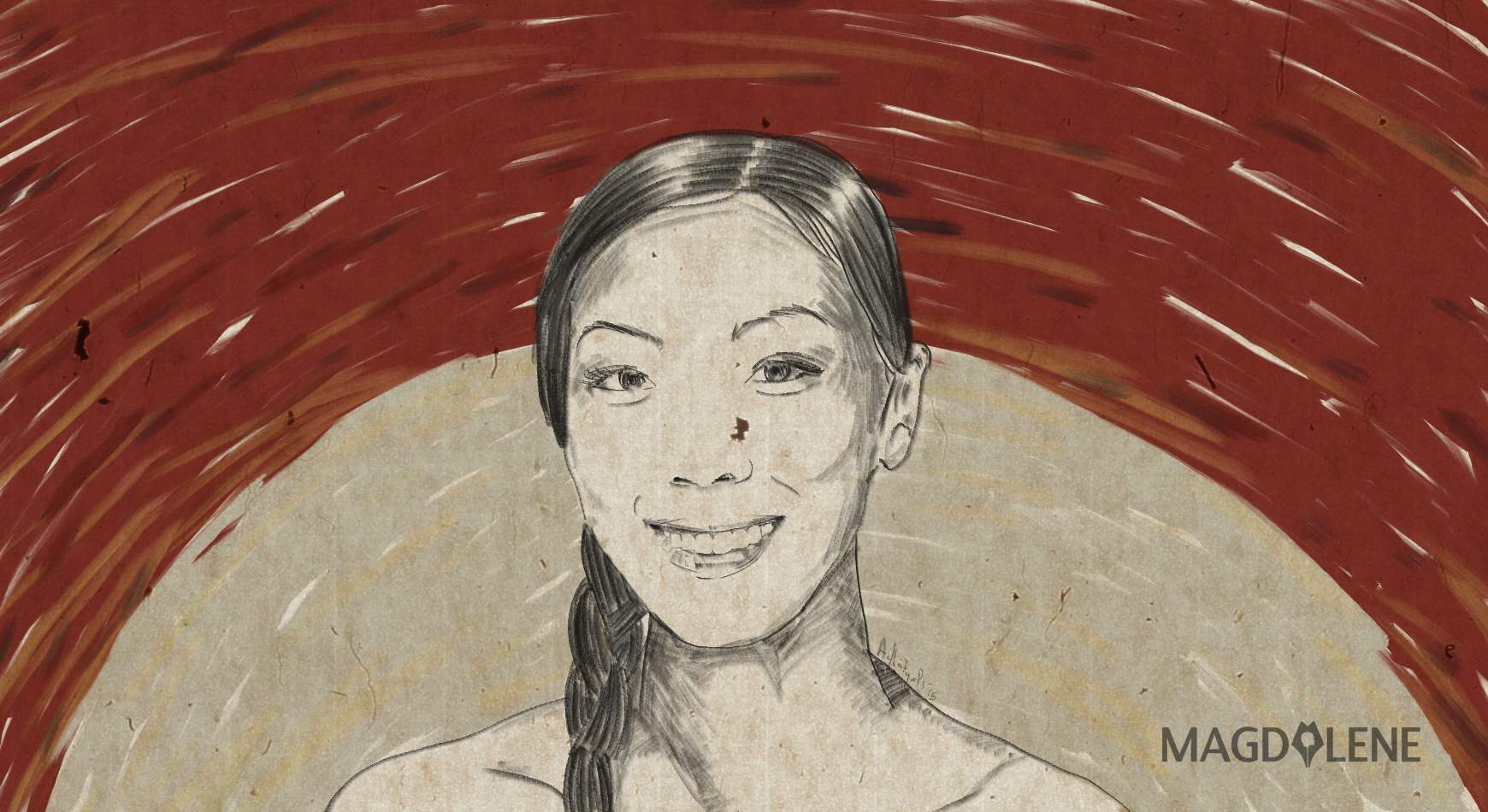“Good morning,” you greeted the driver as you entered the taxi.
“Morning, Miss,” he replied politely. “Have you checked your belonging, in case anything left before we go?” From the passenger seat you guessed that he was in his middle age.
Going alone, you have always thought there is a bigger chance to be a crime victim especially if you are a woman with a small body. So you thought it might have been safer if you are friendly with the driver because who would hurt a nice person?
You started talking to him about traffic when he asked your destination, about how tiring it must be to be a driver in a big city, and about his previous job. You talked about the high toll fee and the recent weather, and when you ran out of topics to talk about, you asked him to turn on the radio.
He seemed okay with you being too chatty. Maybe because he wanted to be a nice, polite driver, or it could have been because you kept him awake from falling asleep since, as his shift had started from the night before.
“Three or four hours of sleep is enough for me, otherwise no food in our table, Miss,” he said, sighing and telling you about his eldest son who just graduated from primary school.
When the light turned from green to yellow, the driver stepped on the brake, and the car stopped just as the light was turning red. In front of you, a few pedestrians were crossing the road headed to a bus stop.
Looking out the window, the driver seemed enraptured by the in your right side, tall, old, but elegant.
“Look at that building Miss. Luxurious! It must have belonged to someone from ‘Group D.’”
You started to feel uneasy. Group D group is your group. It could be anything, a name that represents people who were treated differently because of the shape of their eyes or their skin colour, making them foreigner in their own land. Or it could also be a name for people who feel unwelcomed everywhere they go. And at the same time, it could be a name that opens a wound of the past experiences.
Remember when your parents told you their stories? They said it all started when the colonial treated your ancestors better than they did the native people n this land, which made the native resentful of your ancestors. But, it was hundred years ago, why did your generation still have to deal with it?
Your dad said things had gotten better, but you still felt an invisible wall separating your group from others. There are more cross-culture conversations now, and, generally, there is more acceptance of Group D, still, you would often hear a slight tone change when people talked about your group as opposed to the other groups.
“You know, Miss, people from Group D are rich,” the driver added and you did not like the way he sounded.
Wealthy. A very common word to describe people from Group D. No one would believe you if you said there were less wealthy or even poor people too in your group. It’s like how people in third-world countries assume everyone from the Western countries are rich, although there are many poor and homeless people there just as there are everywhere.
“Are you from Group D, Miss?”
The question hit you like a bullet. Since your skin was darker than most people in group D, the driver must have not recognised it. Then, apart from feeling insulted, suddenly, your heart raced as you wracked your brain to answer the question.
It was just a “yes” or “no” question, but why was it so damn hard to be honest? Did you have to hide your identity like your parents back then? What would happen if you said “yes”? Would you have been a robbery victim because he might have thought you were rich? What would happen if you said “no”? Would something really happen? Or was it just in your mind? Above all, why did you have to be afraid? He just asked anyway.
“No.”
Before you could decide, you heard your own answer, right when the radio host finished her session and said goodbye to her listeners.
“So, where are you from?”
“I don’t know.”
Illustration by Adhitya Pattisahusiwa







Comments